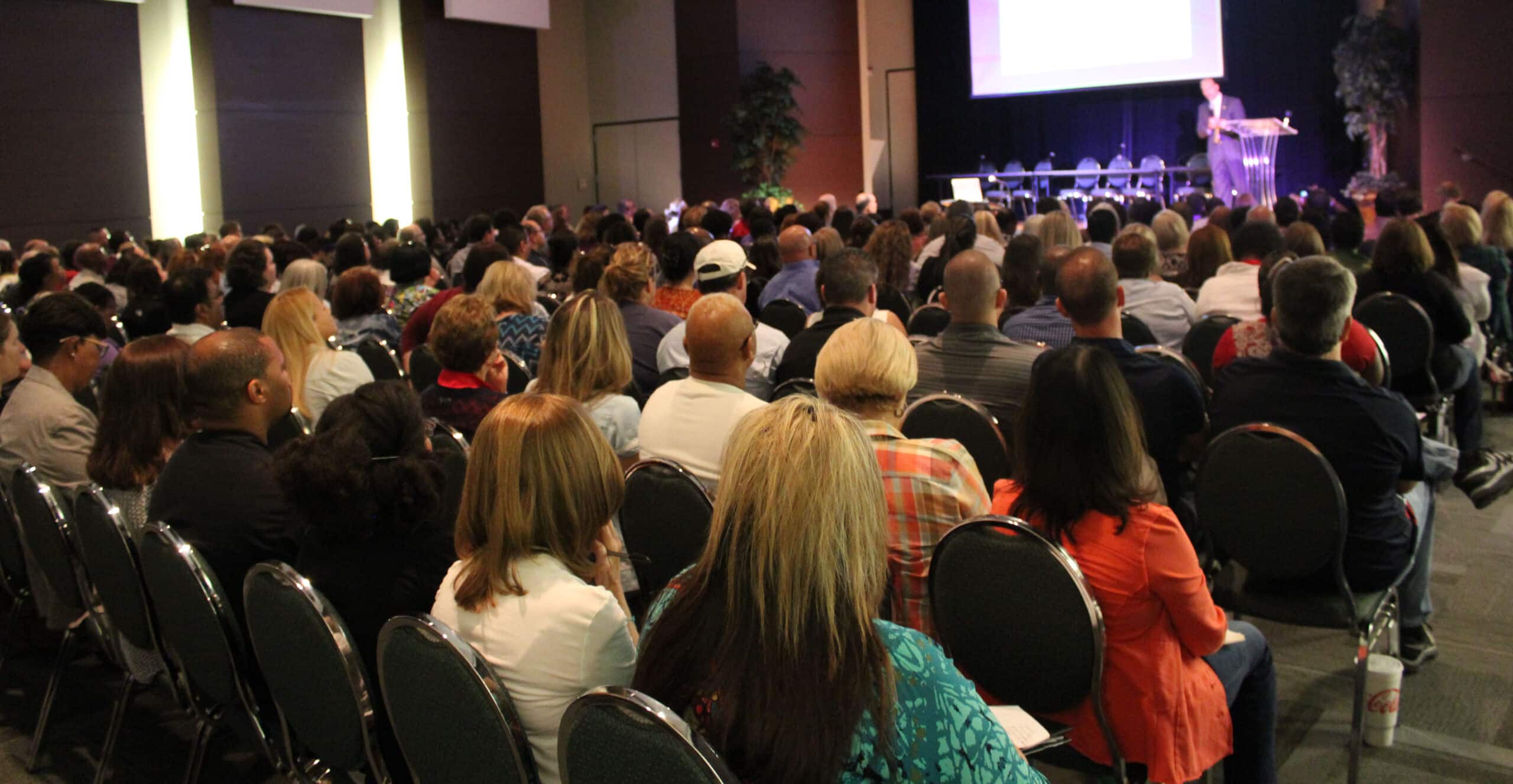
The Council on Recovery is sponsoring its 6th annual Back to School CEU Workshop on Friday, August 11, 2017, 8:00 A.M. to 4:30 P.M. in the Hamill Foundation Conference Center, 303 Jackson Hill Street, on The Council’s main campus. The yearly workshop brings together experts in adolescent high-risk behavior, substance abuse, addiction, and co-occurring mental health disorders to teach counselors, teachers, and parents how to help teenagers deal with these problems.
The always well-attended Back to School Workshop will cover a full spectrum of the most prevalent and serious issues facing adolescents today. Topics to be explored in-depth include:
